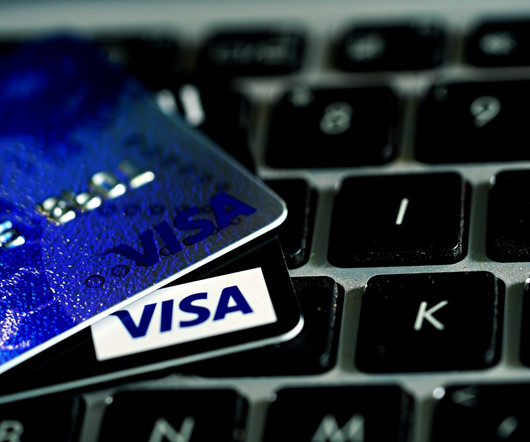What You Should Know About Visa Surcharge Rules in 2024: A Guide for Merchants
Stax
AUGUST 1, 2024
As such, credit card surcharging can be beneficial for offsetting these costs. With it, merchants can transfer the processing costs to customers who choose to make credit card payments. It’s interesting to note that surcharging was illegal in most states until 2013. Earlier, the surcharge cap used to be 4%.












Let's personalize your content